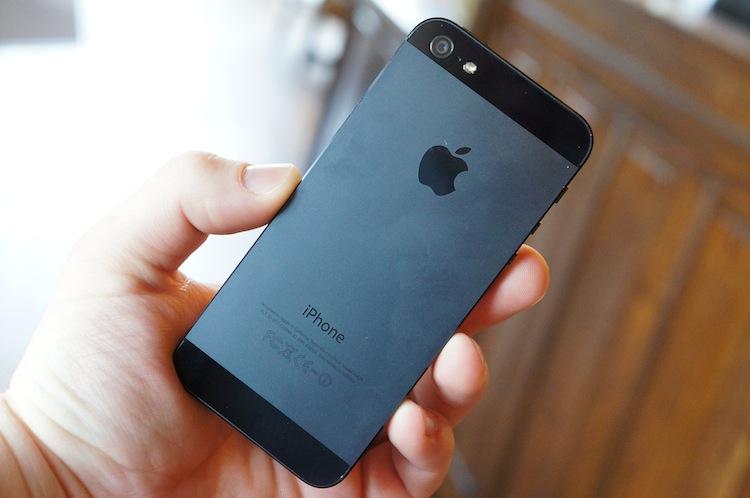
If you have ever forgotten to pop in a mint on the first date, you’re not alone. And if you have an iPhone, you’ll probably be interested in what Adamant Technologies is working on. Based in San Francisco, Adamant Technologies has found a way to identify halitosis (bad breath) using a microchip. But this isn’t any normal microchip; this one has around 2,000 individual scent sensors. To put this into perspective, humans have around 400. Adamant Technologies’ CEO Sam Khamis told the Business Insider that the product will be able to “take the sense of smell and taste, and digitize them.”
Adamant Technologies (AT) is backed by venture capitalist Vinod Khosla. Khosla sold Sun Microsystems to Oracle back in 2010 for a cool $7.4 billion, so it’s safe to say Khosla sees monetization in the chip. Production has already begun at his plant in Austin, Texas.
Khamis and Adamant Technologies have made it clear that the chip will provide a second opinion on plenty of different smells, but they’re taking it a step further by telling you why. Plans for the chip include identifying the bad breath and letting you know (when you should grab a piece of gum), identifying the source (how many pieces to grab), and the root cause of the “condition” (when to make your doctor’s appointment).
In reality, having a device with the same amount of scent receptors as a dog doesn’t seem like a bad idea, especially if you need an honest opinion. I’m really interested to use this around the kitchen to help me determine when I need to throw away mom’s old meatloaf, or the hot dog buns from last weekend.
However, Adamant Technologies says the primary use for the chip will be in identifying aromas associated with old wines, and “bad breaths.”
What a buzzkill.
Sam Khamis! Imagine the possibilities for app developers!
Imagine knowing why your breath smells, and how to fix it, all within minutes. Give me an app for that. Need an app to rate your breath on a scale of 1-10? How about one to tell you if you can get behind the wheel after a drink? What about an app that let’s you know if you’re wearing too much cologne? What about a free app that gives you an “opinion” of a scent for $.99 per sniff? An app to tell you when your smoke detector will go off if you spend a lot of time experimenting with that new cookbook.
I could go on forever, but there’s only one problem; I’m not an app developer. To all the iOS app developers reading: you’re welcome.
I feel this is the sort of technology that our friends in Cupertino are watching very closely, since AT only has plans to release this for the iPhone, but AT’s CEO has not acknowledged other uses for the technology nor have they acknowledged a relationship with Apple.
Presuming the device can be manufactured in mass quantities, the sky looks like the limit for the chip. Adamant is onto much more than your traditional accessory. We could be looking at the beginning and final chapter in making smartphones seem more human. If you were to gauge how interactive smartphones are in their present state, we’re limited to three out of the five senses. Smartphones have cameras (sight), vibrate (touch), and they can listen and reply (hear). Since A.T.’s chip is designed to sense both taste and smell, we are on the brink of making our smartphones truly more human.
SkyNet, here we come.
Adamant Technologies should be dedicating time and resources to creating a relationship with the developer community. Once that relationship is established, a prototype accessory should be released to the developers so that they can work out the bugs. Once it’s polished, they can start testing the device for more practical uses. After it’s tested and polished, it can be released as an accessory for all phones.
Could Adamant Technologies be the sort of start-up company Apple acquires? I think so. We know that Apple isn’t afraid of buying small companies and releasing a beta product, polishing the UI, and renaming it. Does SRI International ring any bells? Here’s a hint: she’s the personal assistant of choice for iOS users. They’re even comfortable with stalling innovation at the risk of upsetting customers (Maps vs. Google Maps).
I believe Sam Khamis was very reserved when he spoke to the Business Insider. They’re on the brink of true innovation and they should be paying their consultants well. Adamant Technologies and CEO Sam Khamis look to have a bright financial future if they play their cards right. The question is: who wants the hand more?
There is value that has yet to be capitalized with this technology, and Khosla has only just tipped the iceberg. What if Adamant Technologies released a product that gave you an opinion of a smell that meant more than a human’s? It sounds scary, but it is just the sort of innovation that we’d expect in the ever-expanding world of mobile technology.
What do you think, reader? Is there any reason for our phones to smell for us? Do you care what other people think of your breath, your food, or your armpits? Let us know in the comments below.